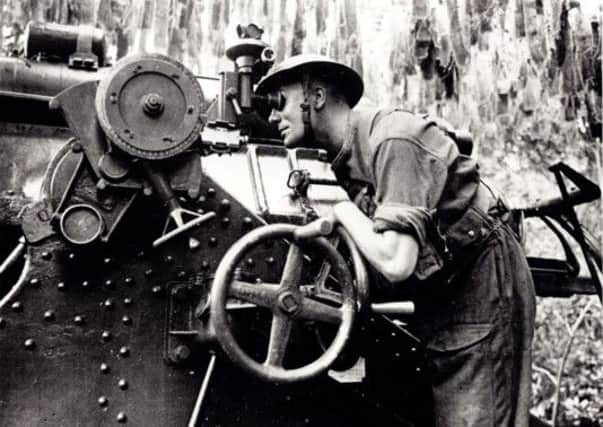Learn about Arundel’s war defences


On May 14, 1940, the Secretary of State for War, Sir Anthony Eden, announced on BBC radio the plan to form the Local Defence Volunteers (LDV), later to be renamed the Home Guard.
Extensive anti-invasion defences were desperately needed throughout Great Britain, especially so along the more vulnerable coastal areas.
Advertisement
Hide AdAdvertisement
Hide AdIt was clear to the Government that they did not have the resources for the required defence work and called in the heads of the major building contractors, instructing them to carry out the project under the direction and supervision of the Royal Engineers.
In July, 1940, the 7th Guards Brigade were deployed to defend our part of the Sussex coast and were camped in Arundel and Angmering Park, with their HQ in Arundel castle.
Due to its close proximity to the coast and the fact that it was also the location of the nearest road bridge crossing of the River Arun, Arundel was classed as a ‘Level A’ defensive point and defended by what was termed an ‘anti-tank island’.
The town was provided with a defended perimeter able to resist enemy tanks as well as infantry.
Advertisement
Hide AdAdvertisement
Hide AdVital resources and services were controlled for what may have become a ‘siege’ situation.
Those living outside the outer perimeter were to be brought into the town for their safety and protection.
In his fascinating illustrated talk, John Wells will be explaining in detail what these defences were.
John Wells’ talk, ‘The Defence of Arundel in World War Two’, will take place in the ballroom of the Norfolk Arms Hotel, in Arundel High Street, at 7.30pm, for an 8pm start, on Friday, June 6. Tickets are free, although a small donation on the evening towards museum funds would be appreciated.
Tickets must be pre-ordered from Arundel Museum, in Mill Road, Arundel, opposite the castle entrance, or via email to [email protected] or by calling 01903 885866.